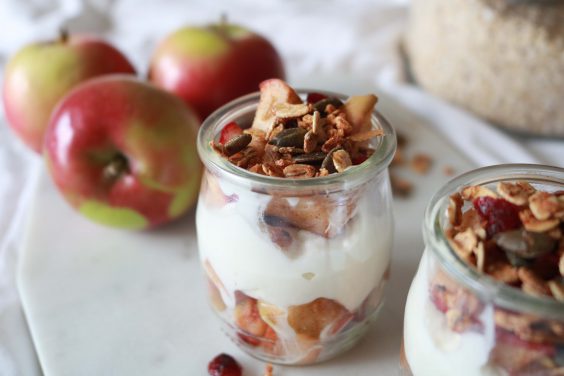
Have you ever heard of TVP? Once rehydrated, this textured vegetable protein (TVP) resembles ground meat, costs much less and has a lower ecological footprint. Here are even more benefits and details to convince you to try this increasingly popular vegan option.
What exactly is textured vegetable protein?
Textured vegetable protein is derived from soybeans or soy flour which, after various procedures, including drying, can take on a texture like granola[1] or large granules resembling nice pieces of chicken or beef. In terms of appearance, it’s almost impossible to tell…almost! And since its taste is relatively neutral, it takes on the flavor of the spices and ingredients with which it’s prepared. Another great advantage of TVP!
Why choose TVP?
In addition to having a very long shelf life[2], TVP provides interesting health benefits for you as well as your wallet! In fact, soy protein helps lower bad cholesterol[3] and is an excellent source of complete protein and fiber, while being naturally low in salt, sugar and fat[4].
From an economic standpoint, textured vegetable protein costs $0.94/100 g in bulk and will expand once rehydrated, whereas the same amount of lean ground meat costs $2.09 and will tend to shrink during cooking, so you’re paying more for less.
How can it be used?
Once rehydrated, TVP can be used to substitute chicken, pork, or beef. To rehydrate TVP, soak equal amounts of TVP in the liquid of your choice (e.g., water or vegetable broth). All you do is replace the same amount of meat indicated in your recipe with rehydrated TVP[5].

In its dried form, it can be sprinkled on yogurts or added to muffin recipes. So TVP can be used in both sweet and savoury dishes!
Are you ready to give TVP a try? Here are some simple recipes to inspire you. Happy tasting!
Written by Sabrina Garant, Nautilus Plus nutrition intern
[1] Katayama, M., & Wilson, L.A. (2008). Utilization of soybeans and their components through the development textured soy protein foods. Journal of Food Science, 73(3), 164.
[2] Idem
[3] Santé Canada. (2015). Résumé de l’évaluation par Santé Canada d’une allégation santé au sujet des protéines de soya et de la diminution du cholestérol. Gouvernement du Canada.
[4] Julie DesGroseillers. (s.d.). À la découverte de la protéine végétale texturée. Julie DesGroseillers, nutritionniste. Auteure. Conférencière.
[5] Science & Fourchette. (s.d.). Tout ce qu’il faut savoir à propos de la pvt (protéine végétale texturée). Science & Fourchette.
Demystifying Textured Vegetable Protein is a post from Nautilus Plus. The Nautilus Plus blog aims to help people in their journey to fitness through articles on training, nutrition, motivation, exercise and healthy recipes.
Copyright © Nautilus Plus 2023

A session with a nutritionist will help you on your way!

Let's establish your nutritional goals together and get some expert advice!
Make an appointment
